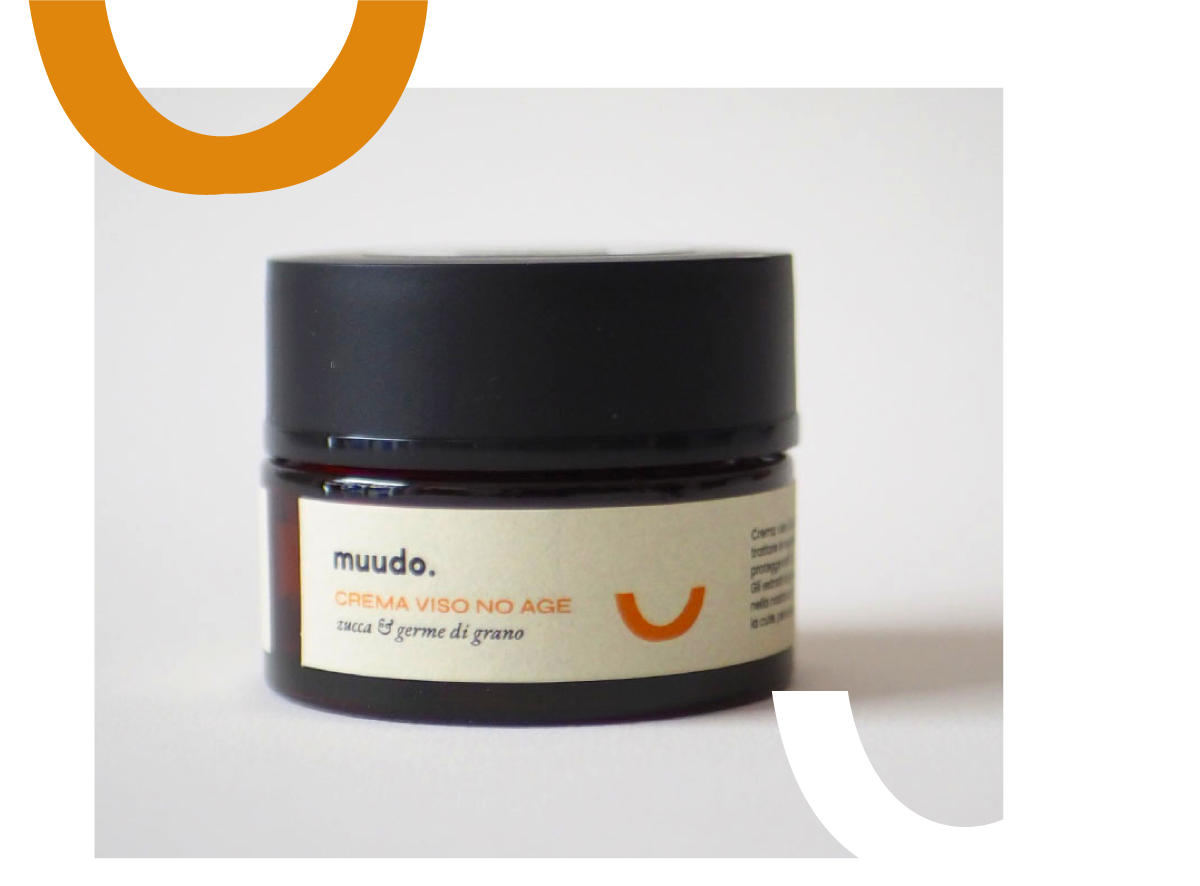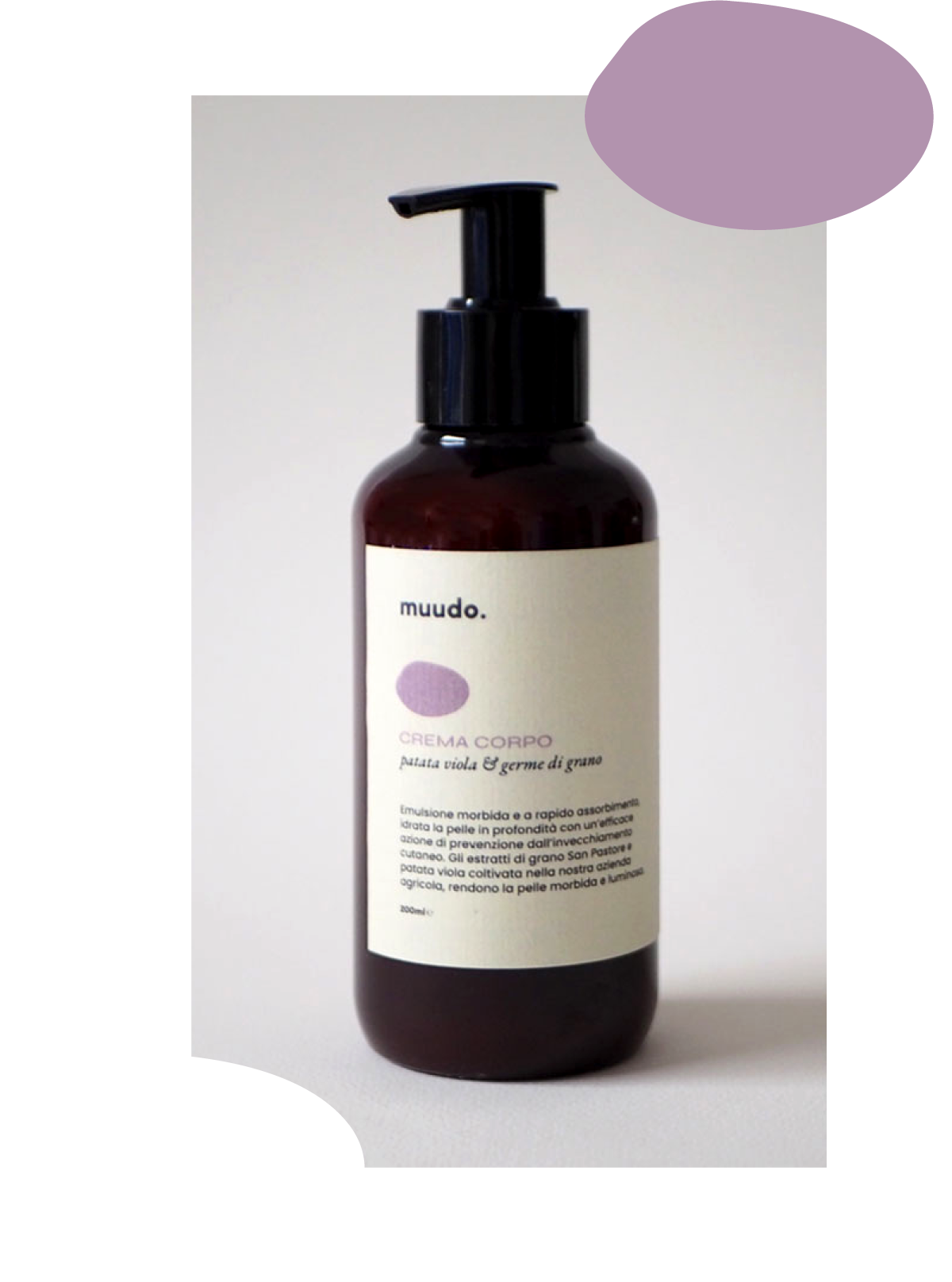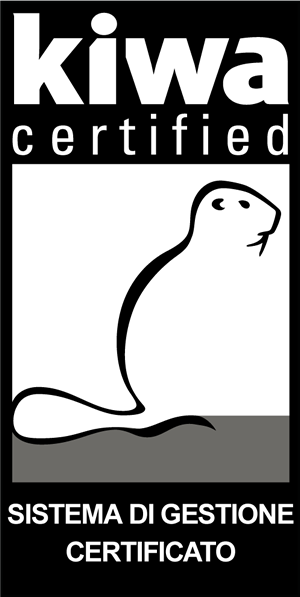Regulation EC No. 1223/2009 has introduced new challenges for the traceability of products, especially in the world of cosmetics.
Even though European Directive 76/768/EEC already included provisions on this matter, the issue of the new regulation added new provisions to the existing ones.
The key changes introduced by Regulation EC No. 1223/2009 on the traceability of cosmetic products and the prevention of counterfeiting are related to many topics linked to sales and marketing.
In particular:
- the safety assessment of cosmetic products;
- the electronic and centralised notification to the European Commission of information about the product before it is made available on the market;
- market surveillance (it will be necessary to ensure the traceability of a product along the entire supply chain);
- the obligations of distributors (the supply chain operators are responsible for the products made available on the market and they must carry out checks on the products and labelling, as well as identify their partners in the supply chain).
Regulation EC No. 1223/2009 is, therefore, a new challenge for traceability, while increasing safety for end consumers and protection for manufacturers.



